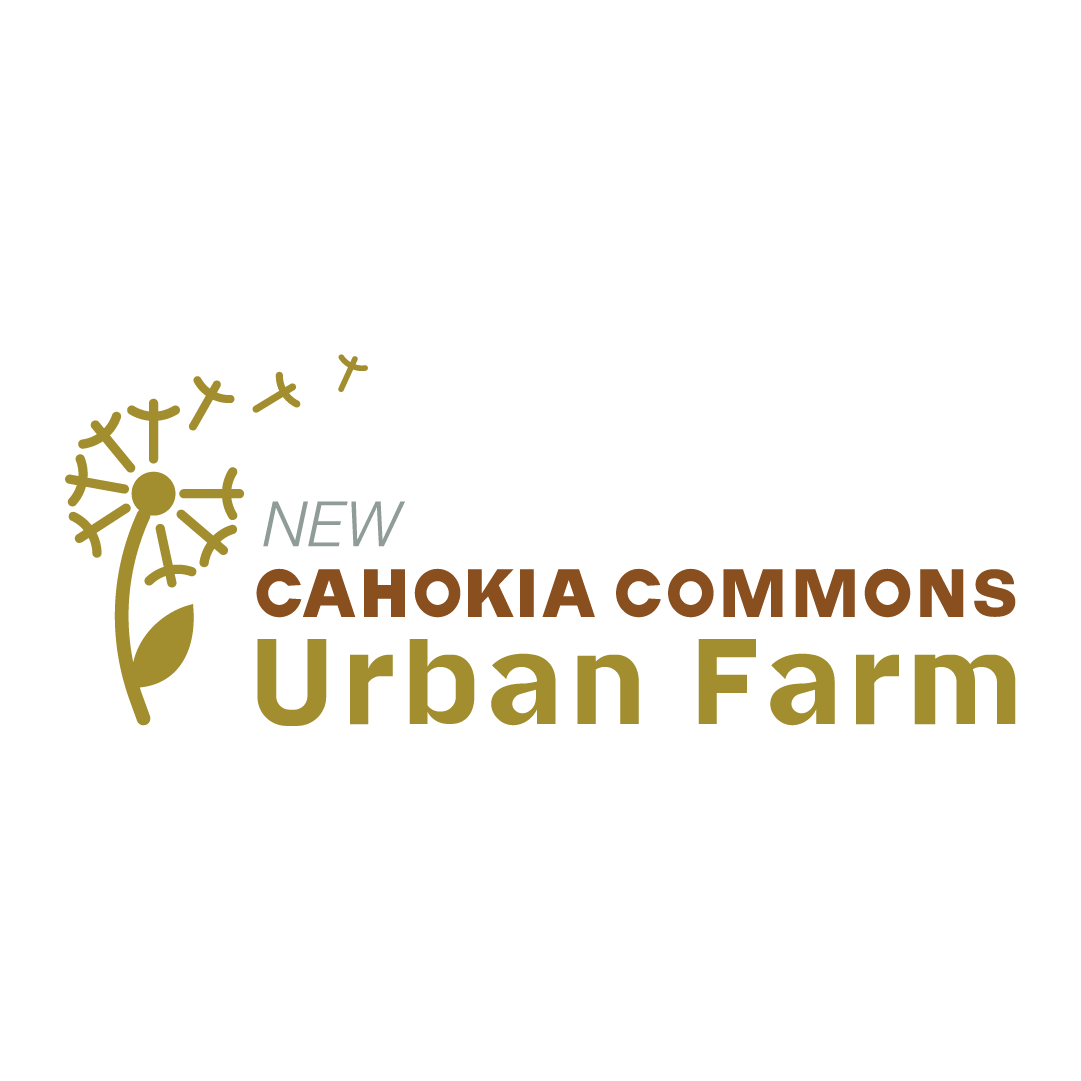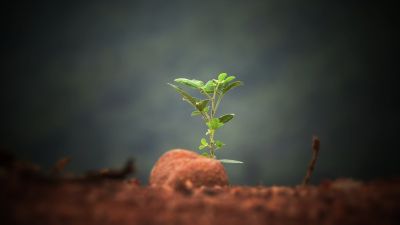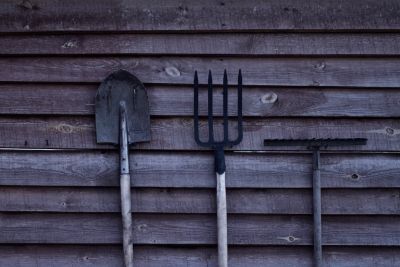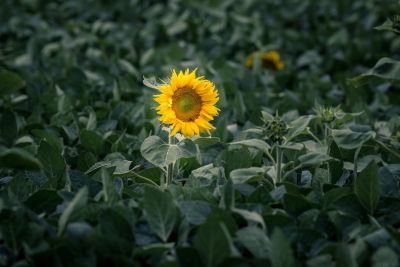

New Cahokia Commons Urban Farm
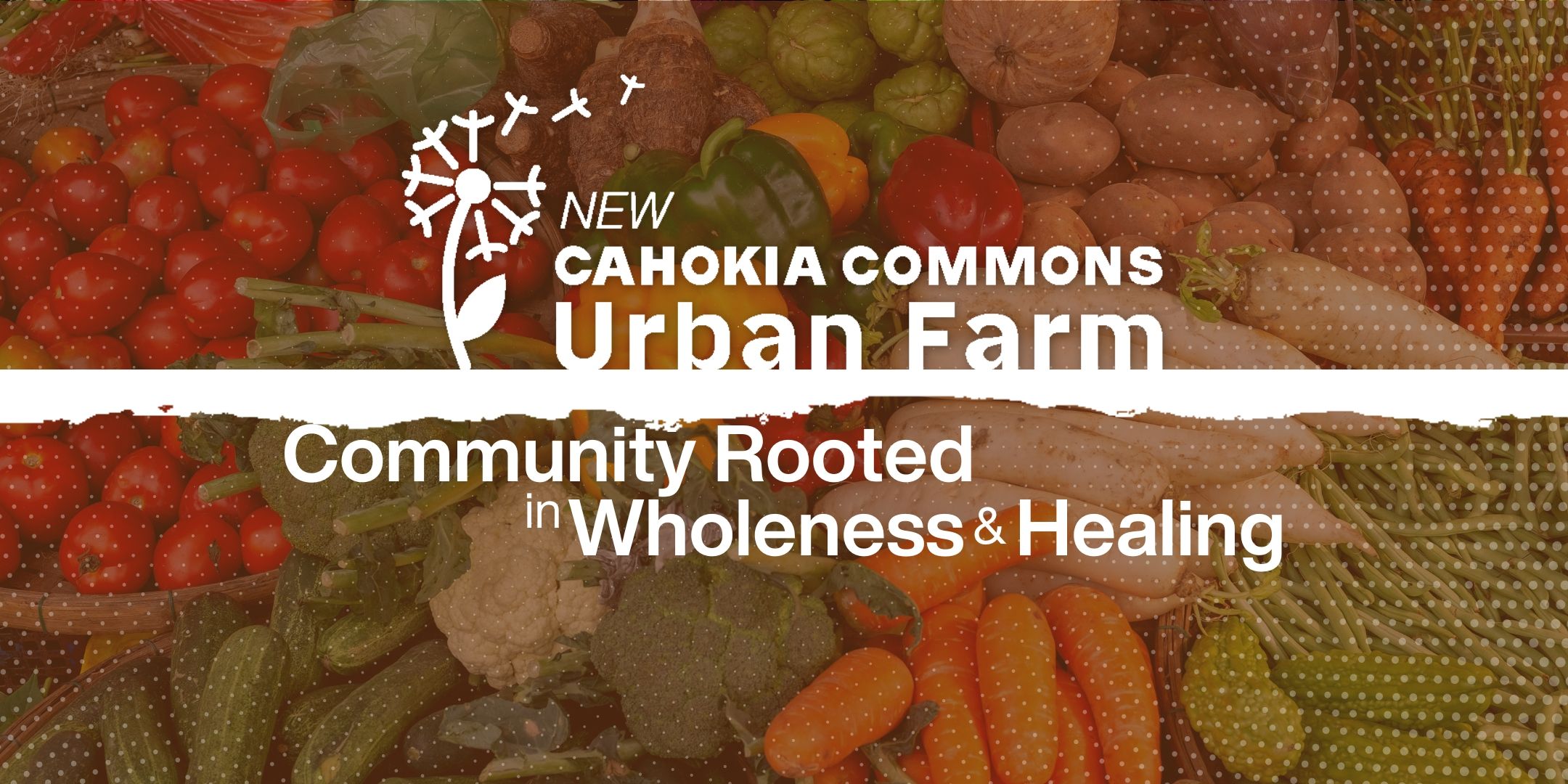
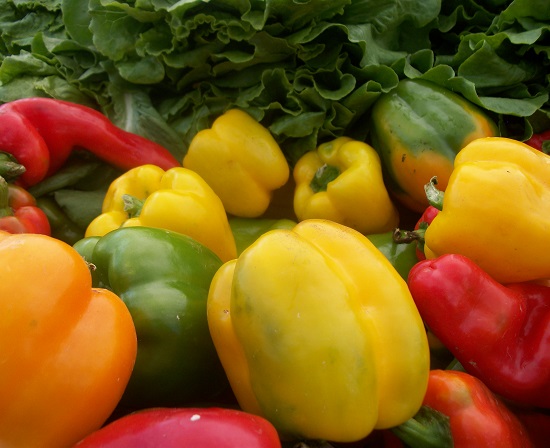 If you’ve ever heard of the Haymarket Affair in Chicago in 1886, you might know that it occurred as workers were striking for an 8-hour work day. And if you dug deeply into the event, you’d find a person named Adolph Fischer. And here’s how this small thread wound up on this farm.
If you’ve ever heard of the Haymarket Affair in Chicago in 1886, you might know that it occurred as workers were striking for an 8-hour work day. And if you dug deeply into the event, you’d find a person named Adolph Fischer. And here’s how this small thread wound up on this farm.
The descendants of Adolph Fischer supported his progressive views in favor of human rights and workers’ rights. In his adulthood Adolph Fischer lived both in St. Louis and Chicago. All his descendants lived or were born in either St. Louis or Cahokia. His granddaughter, whose husband built many of the homes surrounding New Cahokia Commons Urban Farm, willed it to her brother and sister, all of whose six children were devoted to protecting & enhancing the rights of all people and the natural world.
All six (Chuck, Jim & John Fischer, Fred, Ginger & Terry Blake) were delighted with Ginger's (Virginia’s) suggestion that instead of selling the land for a strip mall of pay-day lenders, “convenience" stores, gas stations & parking lots, it would better serve the community to be kept as farmland, but more than just “farmland.”
Because of Ginger’s experience with organic gardening and helping to initiate “backyard gardening” in Pine Lawn and an organic community garden in its tiny neighboring municipality of Beverly Hills, MO, she suggested it be “organic" & “regenerative” and be owned & managed by individuals whose ancestors experienced historic discrimination. She knew someone who was engaged in environmental protection, food & farm policy, and likely to have organic-farm friends who had suffered discrimination. She called Kathleen Logan Smith.
Kathleen Logan Smith had been the Executive Director of the Missouri Coalition for the Environment, Missouri’s oldest environmental policy organization that had a history of protecting green space, water quality, and had recently developed a food systems program under her leadership. At the time of Ms. Harris’ call, Ms. Smith worked as Executive Director for Food Works in Carbondale, Illinois, a two-hour drive south of the Cahokia land. Food Works trains beginning sustainable farmers through a national program called Farm Beginnings, helps them form strong businesses, and develops farmers markets to reach consumers to make those businesses sustainable. Food Works helps strengthen local food systems with farmers who nurture the soil and produce healthy food. Ms. Smith embraced the idea of protecting the land in a land trust, restoring soil and ecosystem health, and growing sustainable farmers. She needed a team.
Ms. Smith called two friends and allies she had come to know through her work. Ronald Ward, a Farm Beginnings graduate, a certified permaculture planner, a Missouri Master Gardener, and a permaculture urban homesteader, embraced the opportunity to bring permaculture principles to a land restoration project, and shared his vision for community empowerment, health, and wellness rooted in cultural affirmation and justice. Deandress Green brought her urban farming experience, and her own dreams to the team: financial education and empowerment, entrepreneurship education rooted in equity, and access to land for African American farmers and queer farmers.
New Cahokia Commons Urban Farm, Inc., a nonprofit Illinois corporation, was born.
The 4.8 acre parcel occupies part of the original village established by the early French settlers. The Village of Cahokia, now part of the municipality known as Cahokia Heights, is the oldest European settlement in the State of Illinois founded in 1696 as a Catholic mission. It is located on ground traditionally belonging to the native Kaskaskia people, part of the Confederated Peorias (1854), - consisting of Peoria, Kaskaskia, Piankashaw and Wea Tribes who originated in the lands bordering the Great Lakes and drained by the mighty Mississippi (https://peoriatribe.com/history/). They are Illinois or Illini Indians, descendants of those who created the great mound civilizations two thousand to three thousand years ago and who are, today, known as the Peoria Tribe of Indians of Oklahoma. The parcel is 11 miles from the Cahokia Mounds World Heritage Site. We acknowledge the Kaskaskia people and their displacement.
Today modest, mid-20th-century homes and farm fields surround the property. The levees that contain the flood waters of the Mississippi River are just a few blocks west.
For the most recent decades, the land has been in a conventional, no-till, corn-soy rotation. Every day we learn more about its history.
Grow Food | Roots
Our organic vegetable farm for area families in a weekly member program, the Good Food Shares CSA. We also offer land for farm enterprises for lease for beginning farmers to nurture their farm dreams. We have partnered with Food Works and Southern Illinois Farm Beginnings to help train and mentor begnning farmers. We also offer garden spaces to our neighbors.
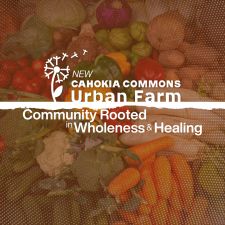
800 Plum Street,
Cahokia, IL 62206
